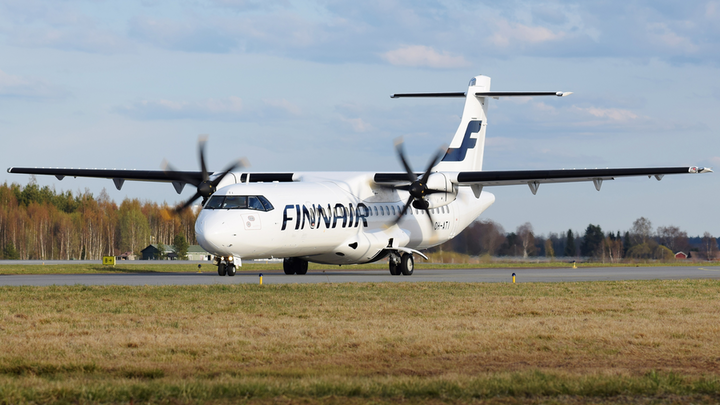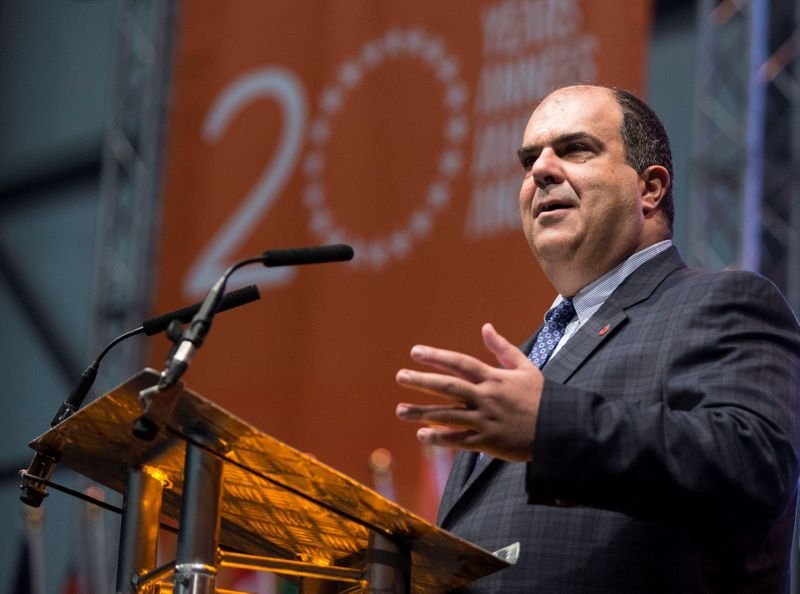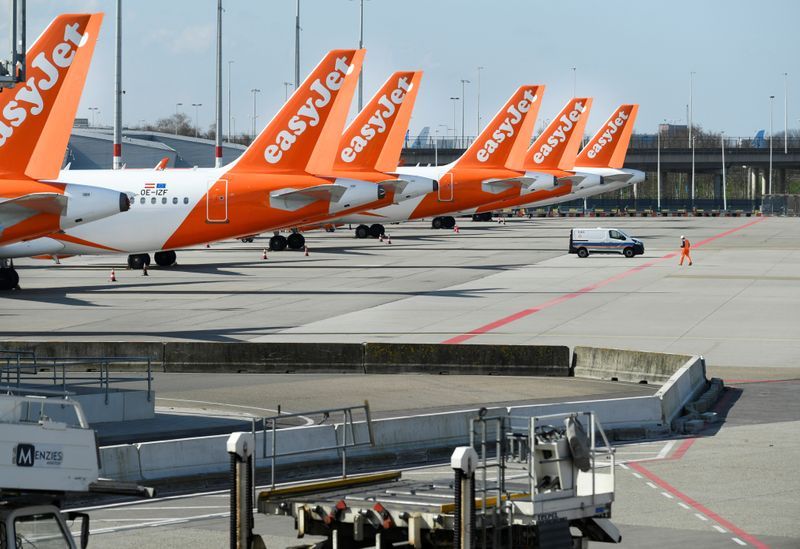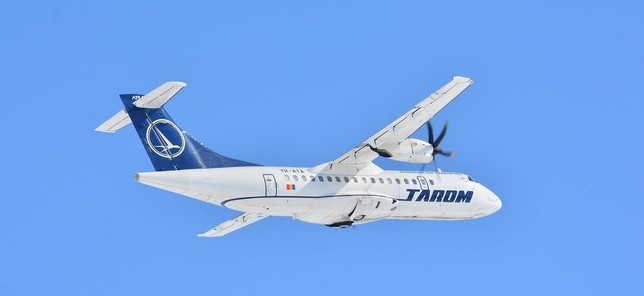ATR and one of its long-standing customers, the Finnish airline Finnair, signed a 10-year Global Maintenance Agreement (GMA). Through this package, Finnair and Nordic Regional Airlines (NoRRA) – who operates Finnair’s regional ATR traffic – will benefit from a customised support from ATR, which will help the airline better anticipate maintenance costs while enhancing the dispatch reliability of its fleet of 12 ATR 72-500.
This pay-by-the-hour contract covers the repair, overhaul and pooling services of Line Replaceable Units, along with their door-to-door delivery and an on-site leased stock of spare parts. Finnair will also benefit from blades maintenance and availability, and maintenance recommendations based on ATR’s expertise to enhance aircraft reliability.
Juha Ojala, Vice President Technical Operations of Finnair, declared: “Our ATR flights form a key part of our feeder traffic to our Helsinki hub, and as a large share of our customers are transfer customers, they have strong expectations in terms of punctuality and reliability. This Global Maintenance Agreement is one step further in our relationship with ATR and ensures we benefit from the most suitable services, so that we can in turn provide our customers with a reliable and punctual travel experience.”
Stefano Bortoli, Chief Executive Officer of ATR, added: “Finnair is new to our GMA programme but they have been part of the ATR family from the very beginning, as they took delivery of their first ATR aircraft, MSN 006, in 1986. During the challenging times we are currently living, the confidence from a valued customer is the best tribute they can offer to the quality and economics of our products and services. We are looking forward to sharing our knowledge and expertise with Finnair, so that they can in turn keep on operating regional traffic in a responsible and efficient fashion.”
















